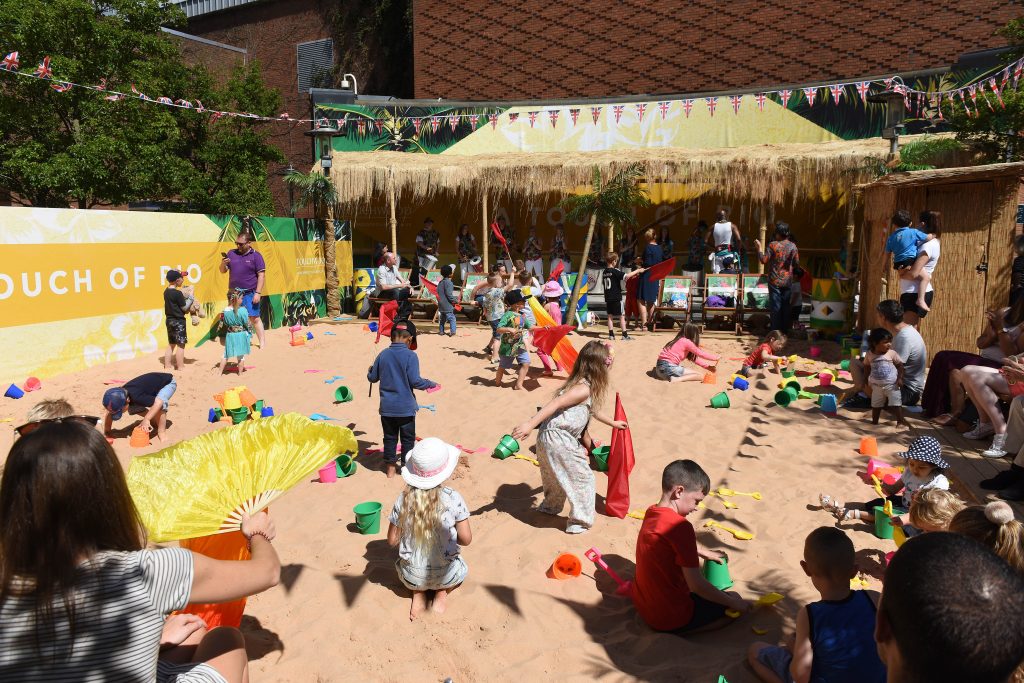Re-imagining retail…
Whilst we are sure that the predicted “Death of the High Street” will prove to have been greatly exaggerated, there is no doubt that the retail sector needs to adapt to survive. The rise of online shopping has both reduced town centre footfall and spend, as well as elevated consumer expectations of the traditional shopping experience. How can bricks-and-mortar retailers compete? We believe it is by focusing on what online shopping cannot do, by creating an experience and a sense of place, hence the move by some online retailers into physical space.

Enter the art of placemaking…
Placemaking can help devise new concepts for re-purposing void retail space. Consumer and competitor research should inform a vision of what would draw footfall to the space and identify viable options including; independent retail, food and beverage, or alternative leisure uses.
At Activate we have seen first-hand the positive effects that the ‘re-imagining’ of retail space can have, particularly when focused on local, independent uses specific for that community. Examples include;
- Chester Market where members of the Activate team were involved in the reimagining of Chester Market. Footfall had decreased due to the closure of the bus station behind the market, ahead of the redevelopment of the area and relocation of the market. By removing redundant stalls and creating a comfortable, communal seating space, sightlines and dwell times greatly improved. More hot food traders were encouraged to try the market, and a regular events programme introduced. Within a few weeks footfall had increased by 50% and the market now remains open late on a Friday night, attracting a new, younger demographic and helping change perceptions of what Chester Market can be.
- Ocean Terminal – a Workman managed shopping centre in Edinburgh, like others around the country struggled to attract traditional retailers. Instead the on-site team approached local, independent businesses with a variety of uses. Not only did they succeed in letting seven units, but the new occupiers proved so successful, many have subsequently moved to larger units within the centre, and footfall as a whole has greatly increased. New occupiers included: Boardwalk skate park, Dog More dog creche, Scottish Design Exchange, Leith Collective, Mr Nick’s Greek Kitchen, Bike Craft and Living Memories, a local history, museum, community radio station.
While the struggles of the retail sector are clear, opportunities exist for those that can see beyond the traditional retail uses and identify local solutions based on specific community needs.